The most exciting part about physician assistant school (in my opinion) is experiencing all of the different medical specialties during your clinical rotations and then choosing your medical specialty. It allows you to view life through the eyes of the medical providers who work in each sector of medicine. This then allows you to dream of what your life will be like when you finally graduate from PA school, pass the PANCE, and start your career as a PA. In the back of my mind, I always knew I wanted to do dermatology, but I was someone who went into PA school with my eyes and heart open to falling in love with any specialty.
I think being open to working in any medical specialty is imperative to doing well in PA school. If I had been only focused on dermatology from the beginning then I wouldn’t have been interested in studying all of the other organ systems. This probably would have led to poor performance on exams. Similarly, while on clinical rotations you should remain open and interested in learning. If your clinical preceptor truly believes you are interested in the specialty they will be more prone to teaching and taking a special interest in you. They will also likely give you better reviews. Clinical preceptor reviews counted towards part of my grade for each rotation.
Okay now that we have discussed why you should be open to all specialties, let’s break down the five things to consider when choosing your specialty.
Patient population
Is there a certain patient population that you prefer to work with? If you like working with children then maybe pediatrics is for you. Or maybe you love working with expectant mothers, then you should consider women’s health. There are a lot of different subsections of medicine and most if not all have PAs working in them at this point. Below is a list of different patient populations to consider. If you have a personal connection to any of these patient populations then you may feel drawn to caring for them. A lot of these groups are underserved and could use some quality healthcare providers!
Children/adolescents
Elderly
Low income
Rural
Racial/ethnic minorities
Women
Pregnant or nursing women
Incarcerated individuals
Veterans
Victims of sexual violence
Individuals who identify as LGBTQ
Homeless
In dermatology, I have the privilege of caring for patients of all ages, sexual orientation, race, ethnicity, etc.
Hospital versus private practice
There can be a significant difference between working at a hospital versus working in private practice. If you work in a hospital you may be working 12-hour shifts, weekend shifts, night shifts, holiday shifts, etc. Versus if you work in private practice (and this of course depends on the specialty) you may be able to work a normal 9-5 with holidays and sometimes weekends off. Hospitals probably offer more administrative support than private offices. There are a lot of pros and cons to consider between each and definitely something to consider when choosing your medical specialty.
Procedure heavy or no procedures
If you are someone who loves procedures and prefers that over sitting and speaking with a patient then surgery or a surgical subspecialty is probably a better fit for you. In contrast, if you prefer speaking with a patient and detest procedures then you should consider a specialty like psychiatry. I like a combination of conversations with patients and procedures. In my opinion, dermatology is a good combination of the two.
Acute versus chronic care
If you are going into medicine to make long-lasting relationships with patients then consider a specialty like family medicine. If you prefer the adrenaline rush of seeing something new and acute every day then emergency medicine, urgent care, or trauma surgery is probably better suited for you. Once again, I wanted a good mix of both acute and chronic care which is something you get with a specialty like dermatology. Have you caught on yet that I think it’s the perfect specialty?
General vs specialized medicine
Another thing to consider is if you want to go into general medicine (family medicine, internal medicine) or specialize (cardiology, dermatology, nephrology, etc.). If you are in a position where you have no clue which specialty lights a passion in you then consider general medicine. You will continue to expand your knowledge of general medicine and could always consider specializing in the future. Once you specialize it is not impossible to switch but it does make it a little more difficult. If on the other hand, you know you love a specialty then (in my opinion) there’s no need to start in general medicine and go for the specialty of your choice. I am so thankful I did that instead of listening to people saying I needed to start in primary care.
Related posts:
Should Your First Physician Assistant Job Be in Primary Care of a Specialty?
5 Non-Salary Negotiations to Consider For Your First PA Contract
How I Landed My Dream Job Before Graduating From PA School
Pros and Cons of Working in Dermatology
If you are in PA school what other considerations are you weighing when choosing your medical specialty? Let me know in the comments below!
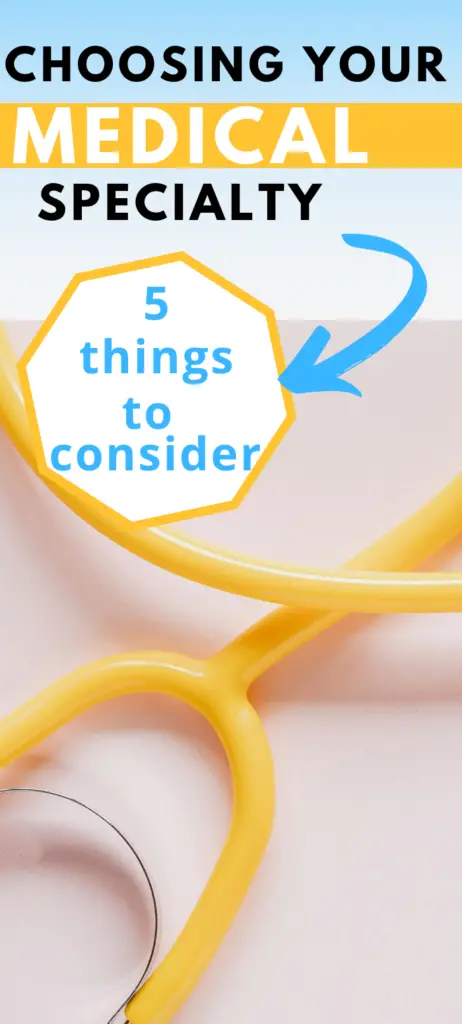
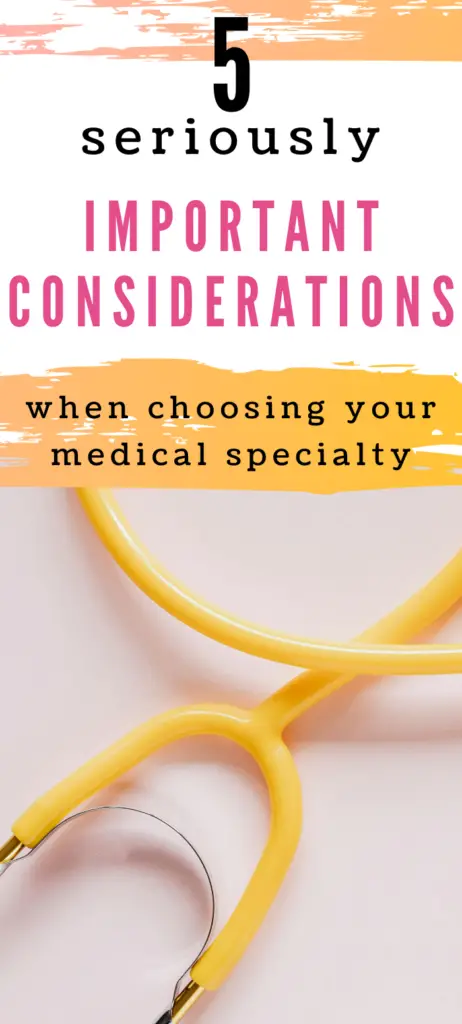
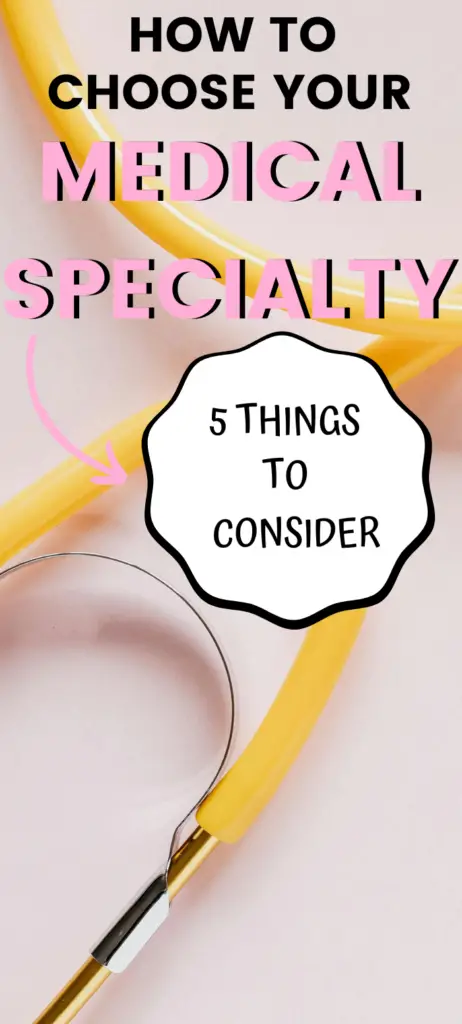
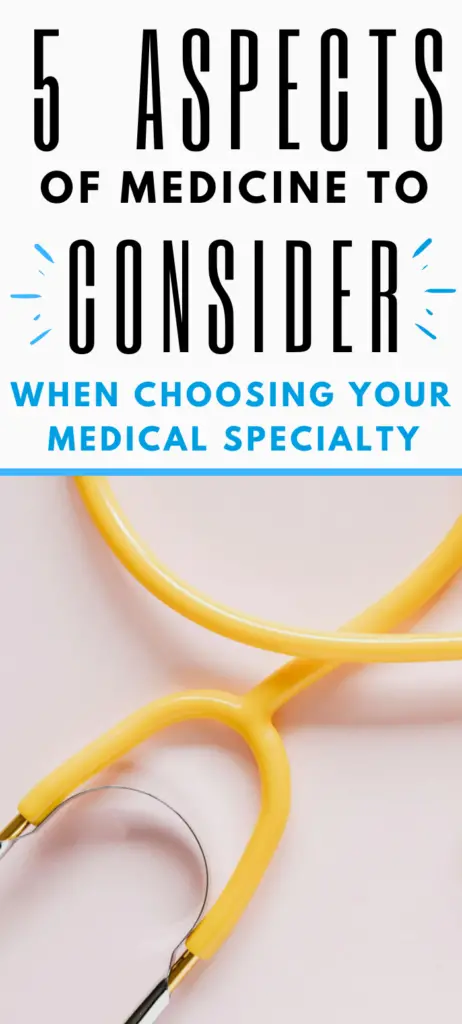

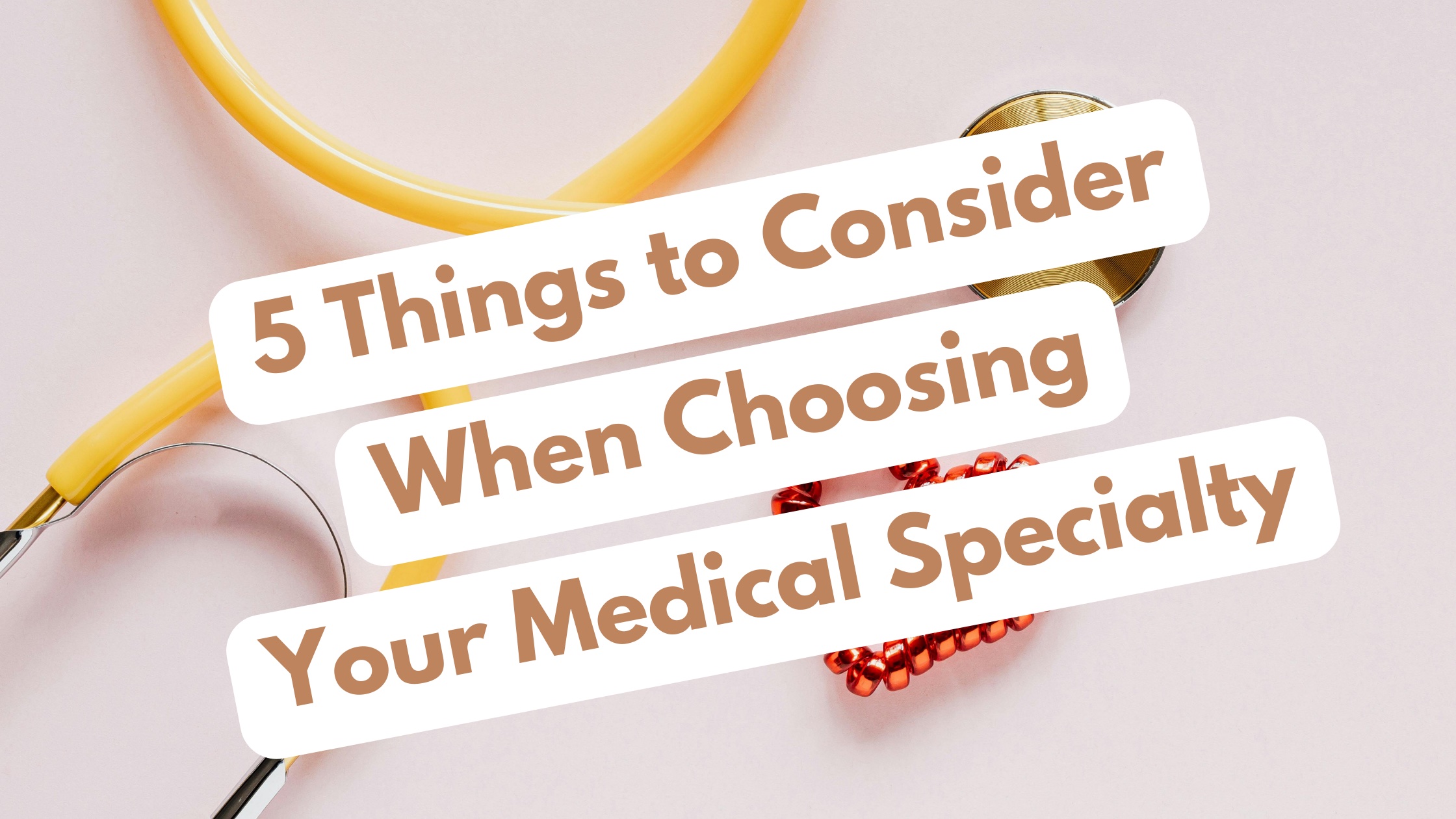
View comments
+ Leave a comment